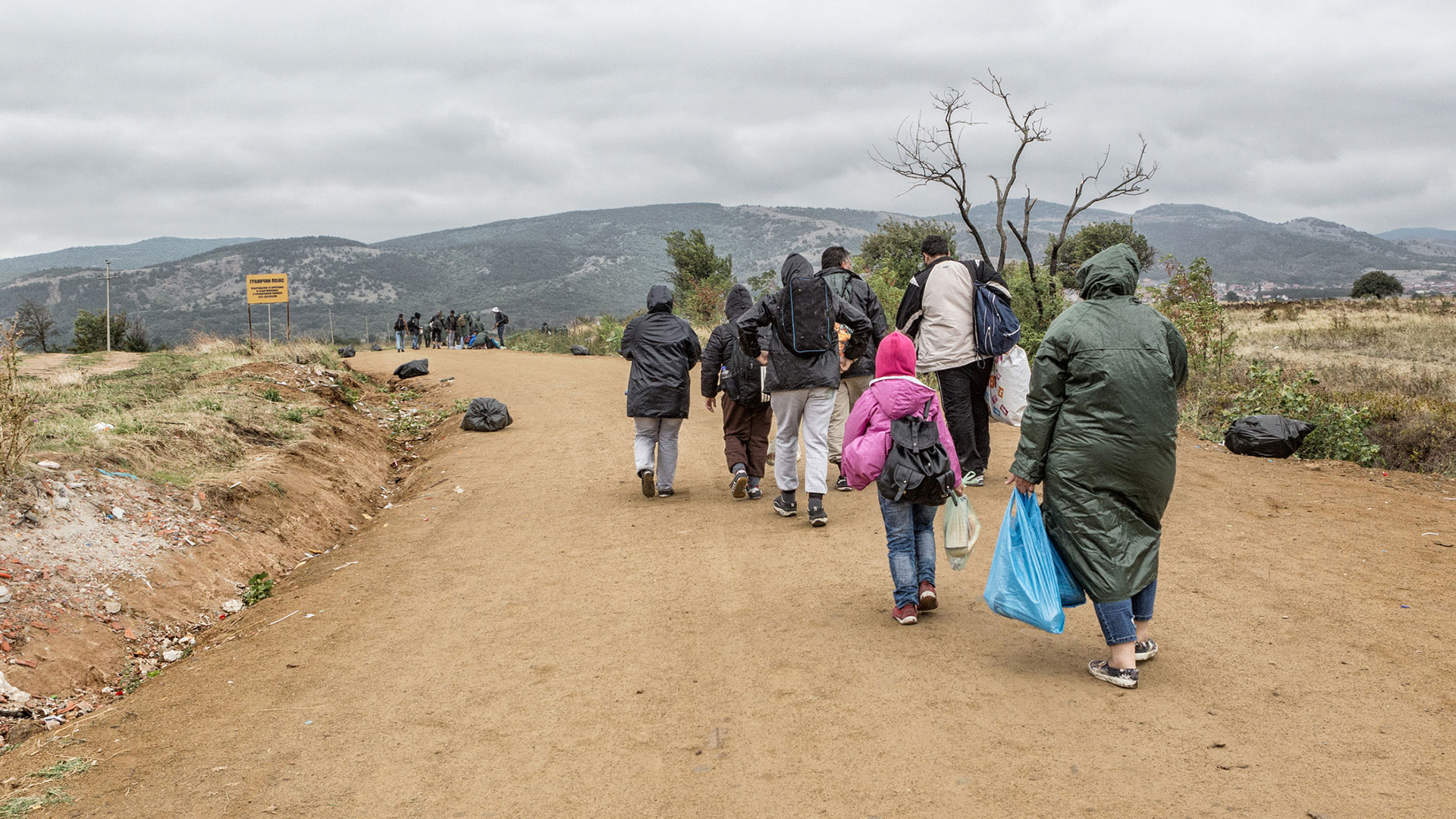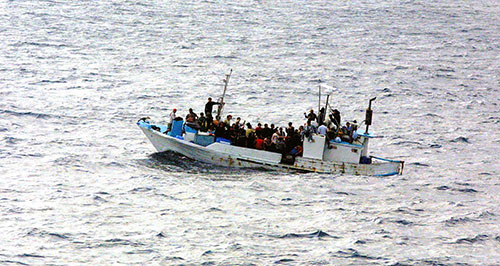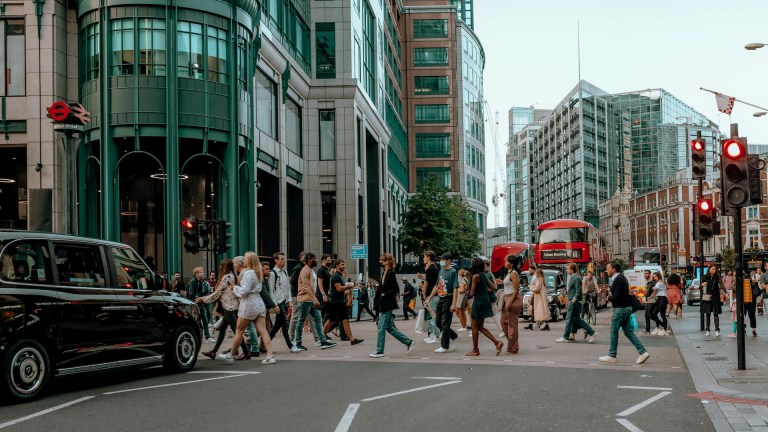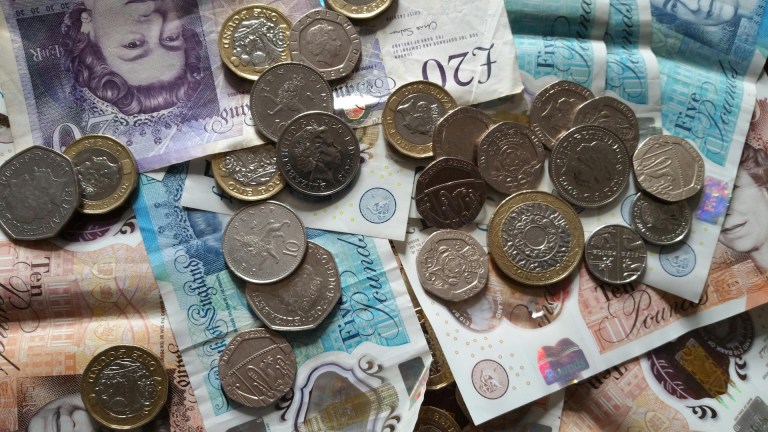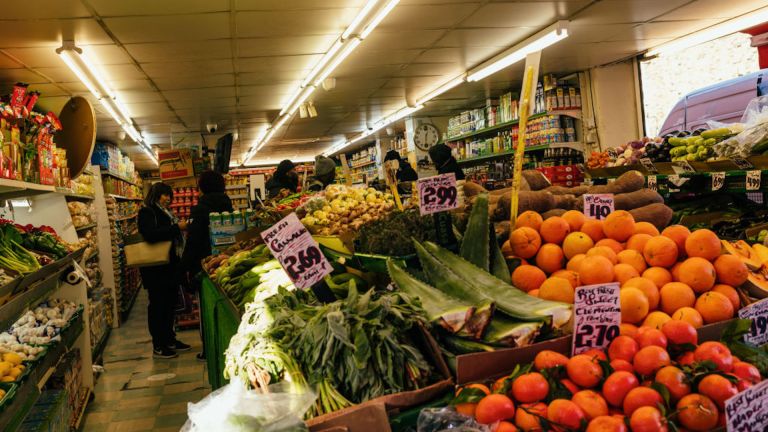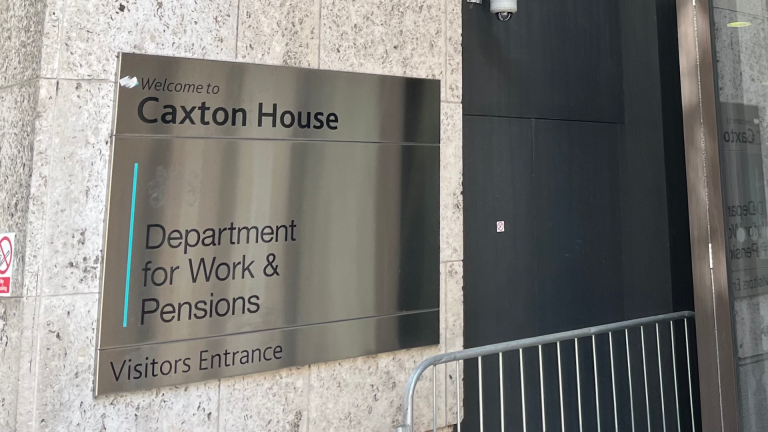Harrowing images of refugees fleeing Africa through Libya, crammed into perilous, tiny boats and cast out towards Europe, are all too familiar. Samira, 26, took that road, fleeing Eritrea after her husband was arrested and she was next in the authorities’ sights. Here are the horrifying steps that brought her to Britain…
1) In February 2013 her husband was arbitrarily arrested in Asmara, capital of Eritrea. Prisoners are frequently tortured and killed. “I don’t know why they arrested him. In Eritrea if they arrest one part of the family they arrest others. They called me to go to see the police but my brother told me, you have to get out of the country.”
2) Her brother got her out of Asmara into hiding for five days in the small, semi-desert town of Barentu, constantly aware that discovery by the authorities would almost certainly mean death.
Discovery by the authorities would almost certainly mean death
3) There followed an eight-night trek through rough countryside and forest in a group of four, with a guide who rationed supplies, and used a stick to beat anyone who ate or drank without permission.
4) Crossing into Sudan they arrived at the Shegerab camp, home to thousands of Eritrean refugees; some families have been there for generations. Accommodation and food were scarce, there was the constant threat of kidnapping by Sudanese border tribes for ransom or for trafficking for forced marriage, sexual exploitation or forced labour.
5) Samira escaped the camp with a group of 40 people to make for Sudanese capital Khartoum. There she scraped together money from work and a few pieces of gold jewellery she had kept with her to pay for the desert crossing to Libya.
